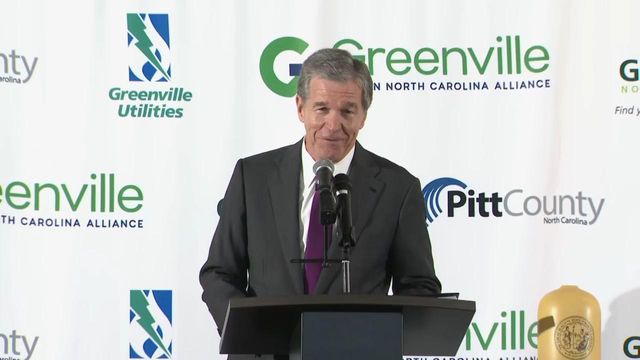Charter vs. magnet: Breaking down your school choices

This article was written for our sponsor, the Wake County Public School System.
School choice carries a significant weight.
From where parents buy homes to whether they send their children to private, public or homeschool, to choosing a charter or magnet school —education plays a role in influencing a variety of decisions.
For families who prefer to stick with public education, magnet and charter schools are popular options. Both are free, as they are publicly funded, and open to all. Students must apply to both. However, there are still significant differences between the two.
Magnet schools focus on themes, such as language immersion, computer sciences, engineering, engineering and environmental connections, visual and performing arts and so on, according to Magnet Schools of America. They are operated by public school districts and adhere to the same rules.
Charter schools may or may not have themes and are run by independent organizations, some of which may be for-profit. They are exempt from many regulations that apply to public schools, according to edchoice.org.
"In North Carolina, charter school law was originally envisioned as a way to offer a different type of experience for families and different ideas that perhaps traditional schools would not be nimble enough to be able to do," said Tim Simmons, chief of communications at Wake County Public School System. "You'd have a charter school and a charter school board, and because it was a small unit of one, it would be pretty quick to change some of the processes and approaches and offer things that were unique."
Magnet schools in Wake County can do much of what earlier charters did but with "the entire support system of a school district behind it," said Simmons.
"What a charter school gains in being nimble, it loses in depth. Here, it has the ability to offer the options, and it has the ability to offer the operational depth. That's the sweet spot," he finished.
Wake County has 54 magnet and early college schools, covering all grade ranges and various themes. They are divided into the following K-12 program pathways: Gifted & Talented, Language Immersion/Global Studies, International Baccalaureate, and Leadership & Technology. Within pathways, schools focus on specific themes such as museums, international studies, university connections, play and ingenuity or Medical Sciences and Global Health Initiatives.
These programs help students "find their niches" and can identify potential that may not otherwise have been noticed, said Kimberly Lane, senior director of magnet and curriculum enhancement programs at Wake County Public School System.
"Having these experiences in elementary school might light a fire they didn't even know they had," said Lane. "That's what keeps students in schools. We want students to graduate, to go on and work, but we also want them to enjoy it, to have fun, to find things that interest them."
Magnet schools offer experiences students may not get at other schools, whether it's orchestra in elementary school or language immersion at any level, with programs ranging from Spanish to Chinese.
Access means greater equity for students, regardless of socioeconomic backgrounds. And when students of all races and economic situations get to choose, every school ends up with a more diverse student body.
"Part of our principles are to reduce high concentrations of poverty and promote integration," said Lane. "Neighborhoods are still very segregated. Magnet schools are a means throughout the district to navigate that kind of terrain where we are intentionally bringing students from different geographic areas, different ZIP codes and different learning experiences to the same area. That's the real world. When we go to college, when we go to work, we are living in a global society. We are trying to prepare students for real life, encountering people who are different from you."
Wake County schools offer many opportunities to learn about the options. Until in-person tours resume, the schools "do a lot of one-on-one sessions that parents can sign up for. We try to be out in the community sharing this information with families," said Lane.
The application window for the 2022-23 school year is open until the end of January, so parents have several months to research, including looking at school websites for more information.
"There are video tours, checking out the website, visiting online with teachers," said Lane. "There are a lot of really great things happening that can be accessed remotely."
This article was written for our sponsor, the Wake County Public School System.











